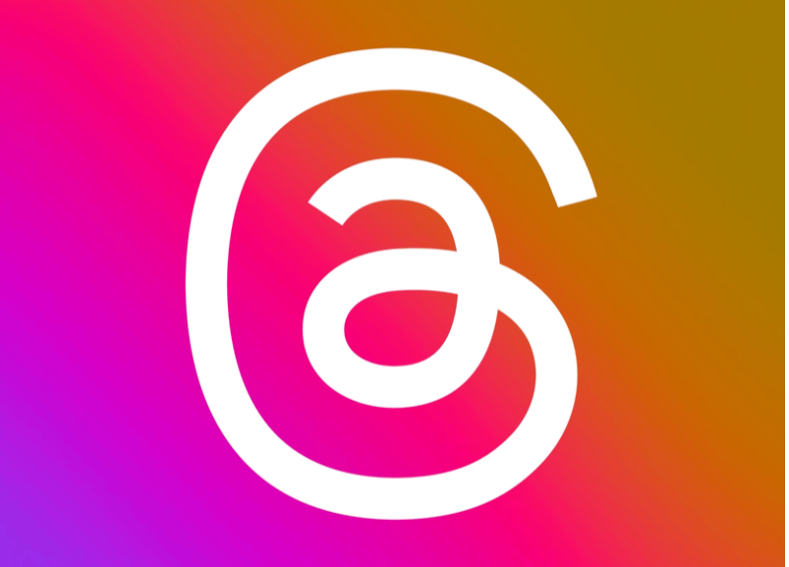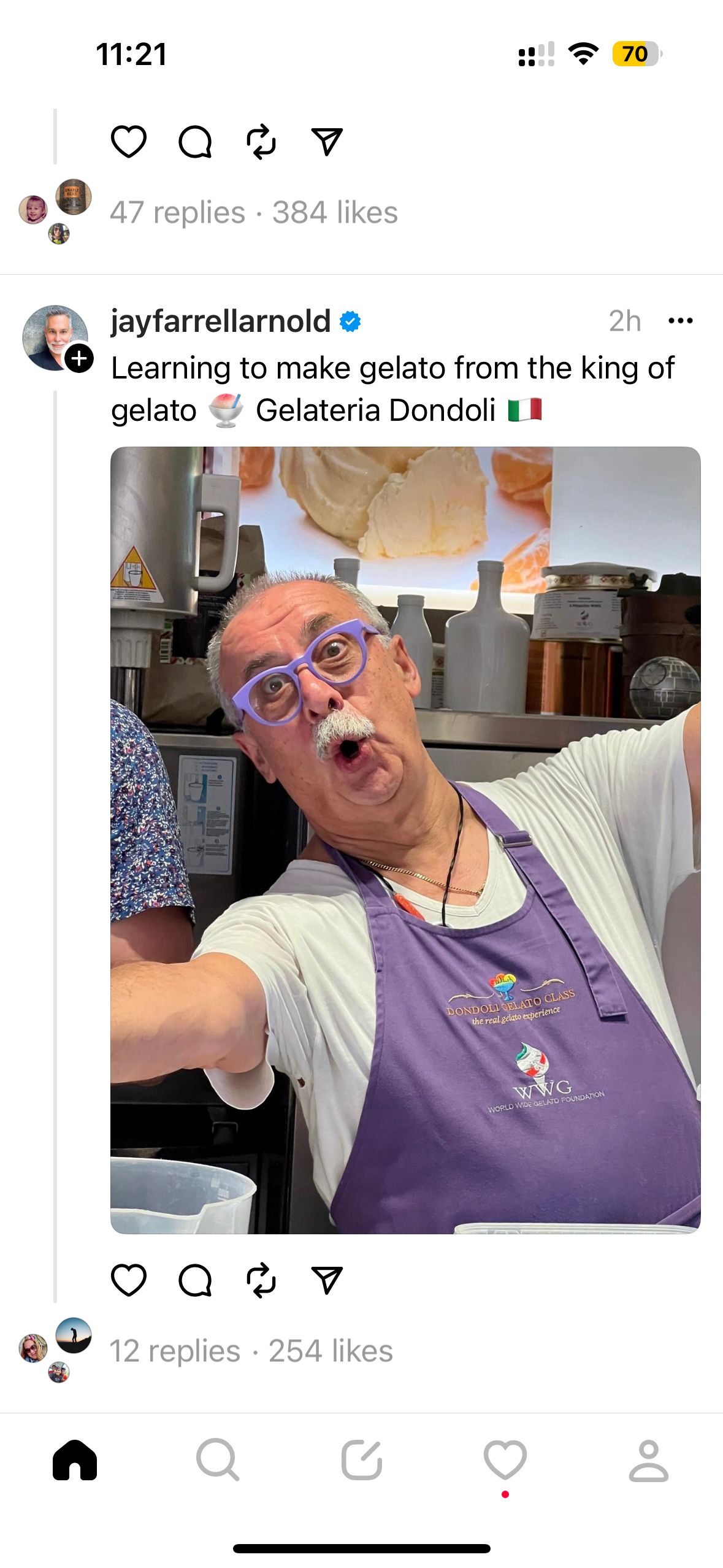New test finds young people susceptible to misinformation + thoughts on Meta's Threads

Psychologists at the University of Cambridge developed a two-minute test to assess people's ability to identify fake news headlines. Working with data and public opinion organization YouGov, they got 8,000 participants to take it over a two-year period.
Their findings refute conventional wisdom: In the 18 to 29-year-old cohort, the worst-performing group, only 11 percent got a high score on the test. The highest performing group was the 65 and older cohort, with 36 percent earning a high score. And the more time the younger group had reported that they spent online overall, the worse they did on the test.
Whoa. I once submitted a fellowship application that proposed conducting Truth in Common workshops with older adults exclusively, citing studies that found this group most likely to share false or misleading information. Some look at engagement on Facebook in particular, which has an older demographic and traffics a significant amount of false content – a March study found widespread visual misinformation there and an imbalance between right- and left-leaning content.
The Misinformation Susceptibility Test is a different kind of study but led by a trusted voice in the psychology of misinformation who I quote often, Dr. Sander van der Linden. It's clearly a bit more complicated than blanket statements about age and susceptibility might suggest.
Here are some takeaways. One, our information ecosystem is changing rapidly and when information is manipulated we all, clearly, are vulnerable to it -- even those who are thought to be digitally savvy. Two, identifying falsehoods and actively sharing them are two different things. And three, the need for education about mis- and disinformation is high across the lifespan, since high scores were earned by less than 40 percent of any cohort. I'm glad News Literacy Project is working with middle and high school kids, and we're here for the adults.
You can take the Misinformation Susceptibility Test yourself! And are encouraged to do so by the research team. It's just two minutes. Follow this link and here's a preview of the site. Note that they used ChatGPT to help come up with the fake headlines.
The Truth in Common debut with the DC Public Library system wrapped up on June 29 and was a great success. Twenty-two people turned out for the first session, 15 for the second and a handful came back for an unplanned third session, where we had deep conversation about issues the group cared about.
I'm in talks with DC Public Libraries about additional projects and will keep you posted.


About the latest Twitter alternative, Threads
Meta's Threads is now most downloaded app in internet history. It gained over 100 million users in its first five days – a record -- and apparently has seen another 5o+ million downloads since.
And while Platformer's Casey Newton noted yesterday that usage is declining, influencers and politicians are showing up on Threads and the cross-functionality with Instagram – which allows, for example, users to upload a post to their Instagram story – all position it for future, Twitter-replacing success. One thing Meta will have to overcome, though, is that Threads is currently blocked in the European Union due to stricter data privacy laws there.
For me it felt like time to finally pull the trigger on a Twitter alternative, so I joined. My handle is @dtroust and I'm searchable by my full name, Deanna Troust.
Have you tried it? If so, I'd love to hear your observations. Here's an overview from my perspective.
What is Threads and how does it work?
Self-described as Instagram's "text-based conversation app," Threads was first hinted at by Newton in March and launched on July 5.
Joining is easy – especially compared to alternatives like Mastodon, where you have to choose a server, and BlueSky, which is still invite only. You download the Threads app from the app store and if you want a quick list of followers, you can say "yes" to linking to your Instagram feed (please read the privacy notes below, first). Anyone who follows you there and is on Threads will be an automatic follow. Important notes:
- You can only use Threads on your phone at this point.
- Once joining you can't delete it without deleting your Instagram account as well; you can only deactivate it. This aspect is significant and not getting as much attention as I think it warrants.
What does the Threads feed look like?
CEO Adam Mosseri posted that "Right now, your Threads feed is a mix of people you follow and recommended accounts – creators who've built a following on Instagram and are sharing original content publicly here."
As I follow more people and entities I see less random stuff. Just now I opened the app and the top posts were from local news blog @popville, local music venue @theanthemdc, disinformation research lab @dfrlab and reporter @taylorlorenz. I follow all five.
A few days ago, though, I was seeing content like this, from some writer/director I've never heard of:

Not relevant. I'm not really here for celebrity, fluff or snarky content, with the possible exception of things that are really funny.
While it's not very nuanced, I also see some posts that reflect my political leanings (which I may or may not want to see) or are just positive thinking-type content, since Threads' claim is that it will not replicate the trash-talking and extremist hate-posting that has dialed up on Twitter since Musk bought the platform last October.
Still, it's intriguing to see the Threads algorithm try to meet my interests when what they have to work with is previous traffic on Instagram and Facebook -- platforms I did not use for business at all. Certain Facebook rants during the 2016-2020 time period, for example, are informing the political content, I'm sure.
Bottom line: Is it worth it?
My take is that it depends, and here's why. Three caveats about using Threads, first.
- Privacy concerns: Some are describing Threads as a privacy nightmare, for reasons similar to those forwarded by EU regulators . Meta properties are of course are all about using our data to sell ads in a "surveillance advertising" business model that many wholeheartedly oppose, and from the outset Threads listed 14 categories of data it might collect from you, including personal health and financial information your location. Yikes. Competitor Mastodon collects none of it.
Does this represent incremental, additional privacy risks for the average user with existing Facebook and Instagram accounts? I haven't had time to dig into this aspect, so stay tuned. - Content moderation: Threads claims users will have more control over what they see than they do on other platforms, thus shifting some of the always-fraught content moderation responsibility to users. But watchdogs at Media Matters, AccountableTech and Free Press have already sent a letter, signed by 24 rights, privacy and pro-democracy organizations, urging Meta to "take seriously the warning signs that Threads is already home to the same accounts spreading hate and disinformation that have made Twitter dangerous and unwelcome to many communities." Meta and Twitter have both rolled back content moderation practices of late and decimated the trust and safety teams that formerly employed people like Facebook whistleblower Frances Haugen.
I haven't seen anything concerning but as a small user in a nascent system that doesn't mean much. - Breaking news: Mosseri has said Threads is not about politics or hard news. If it becomes clear that the algorithm actually down-lists quality news sources or content, which makes no sense given what many people use Twitter for, that reality would change my view from reasonably positive to negative, for sure.
As for the "pros," here are four reasons to join Threads. In essence, they're the same reasons Twitter is/was an important platform for society and the internet today.
- Emergencies: Municipalities and other entities rely on Twitter for breaking news and updates – storm and flood alerts, for example. When I'm in the mountains and there's a big snowfall, I check Twitter to see if the ski resort I'm headed for is open or has avalanche risk. It's more efficient and real-time than going to their websites or Facebook feeds. If Twitter is too unstable or overloaded with crap to serve these types of needs, and given our new normal of weather emergencies everywhere, then we need to find an alternative and push for widespread adoption. One communications firm, Dewey Square Group, has been tracking the Twitter migration through quarterly reports.
- News curation: Twitter is a great way to curate news, discover local events and follow key voices in subject areas critical to one's work or passions. I rely on it to follow thought leaders and investigative journalists studying mis/disinformation for example. So far it's been relatively easy to curate similarly on Threads – I've been able to find around 3/4 of the news organizations and specific reporters I've searched for.
The disinformation research community is less present on Threads – likely because they hate Meta and they'd already gone elsewhere – but I know I can find them on Mastodon if need be. And I don't anticipate that you'll need to worry about that, since people like me will share highlights from their work. - Thought leadership: I've worked with countless nonprofits and Twitter is where thought leadership happens. Organizations share events they're participating in, papers they issue, initiatives they launch and commentary on current events and other content. I've found some but not all nonprofits and think tanks there so far, but am guessing that as news organizations migrate, so will they. None of the Twitter alternatives have been able to replicate that in volume.
- No ads as of yet: Halleluia! Mosseri isn't dumb; he wants to make the feed attractive at the outset and has said they'll wait till Threads has many more users to show you ads. But it will happen, and will likely happen in spades.
Finally, this point is either pro or neutral, depending on your perspective. I suppose if you were Elon Musk, you might view it as a con since it's not necessarily a vehicle for increasing revenue.
"The Fediverse": Threads has pledged to join the movement to decentralize social media by working with ActivityPub, a standard that's already the basis for Mastodon and is being used by Tumblr, Medium, Mozilla and others as well. If Threads follows through, it would eventually be interoperable with Mastodon and the others such that users of each platform can follow and interact with one another. This gets technical, but here's a Verge piece about ActivityPub and the decentralization of social media. Mastodon CEO Eugen Rochko's blog about Threads is also a good resource.
I'll be honest: Migrating to another platform that's part of a massive, monopolistic and often harmful business model does not make me happy. But I believe in the value of real-time microblogging that isn't clogged by extremist, harmful content or spammy ads, or run by someone who can't seem to extract his own polarizing views from the business and seems not to care about what made Twitter a vital communications platform. Since I'm on three Meta platforms already and need to stay current on these types of things, it would have been hard for me to justify not moving to Threads.
Some things are still Thread-bare
[Sorry.] These include:
- No desktop version yet.
- No hashtags or keyword search option.
- No ability to filter so you see content from those you follow, exclusively (though that's apparently coming.)
How does one find followers on Threads?
This will take time. Since my Instagram feed was limited I picked up only around 50 followers upon joining; as usual it will depend on posting content that other users find insightful, funny, unusual or visually engaging.
Why bother with any of these platforms - aren't they unhealthy?
Twitter, Threads, Mastodon and the others are not for everyone, and we of course need to manage our social media use overall to avoid rabbit holes. But given the drama and disinformation we will experience around the 2024 election, in my view it's extremely important to stay as informed and up to date as possible. For the average user who's sick of the Twitter mess, not overly concerned about data privacy and looking for an efficient way to curate news, Threads is a pretty good way to do that in my view.
Who knows – at some point we could achieve the social media interoperability that Mastodon's Rochko envisioned, and many in the tech community support. If we do, and Threads becomes no longer viable, you'll be able to easily leave and bring your followers somewhere else.
Good luck, and as always your comments are welcome.
Deanna
LinkedIn
Twitter: @DeeLT
Instagram and Threads: @dtroust
Facebook
truthincommon.org

